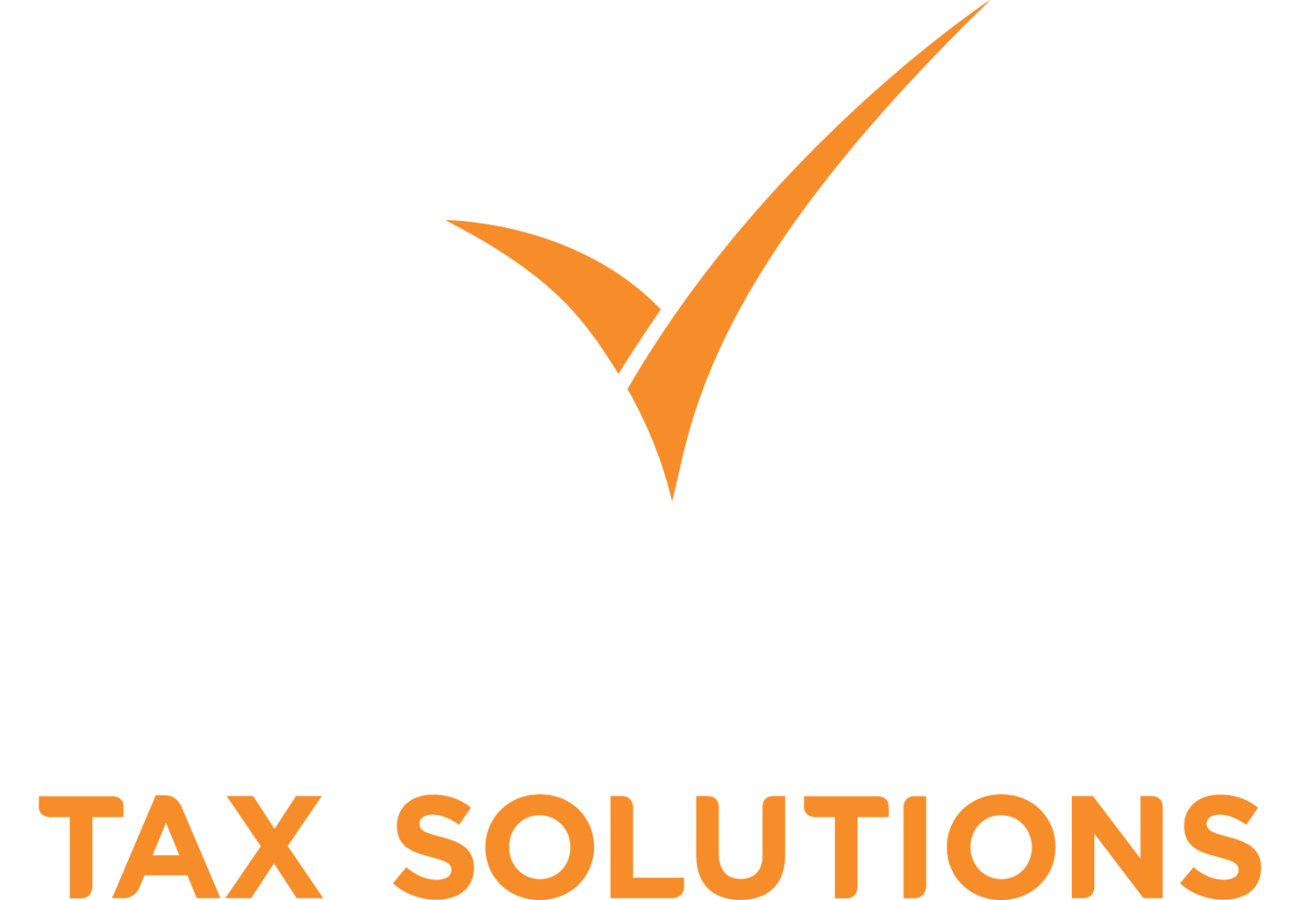Affordable Care Act - Tax Implications
Victory Tax Solutions, LLC
"America's Trusted Tax Team"
The Affordable Care Act, known commonly as Obamacare, stands to affect taxpayers significantly for the first time as they begin to file their 2014 tax returns. For the first time, the IRS is asking individual taxpayers if they had "Minimum Essential Coverage" during the tax year. Failure to obtain either Minimum Essential Coverage or an exemption means the taxpayer pays a penalty on their tax return.
Minimum essential coverage means that a taxpayer has coverage for at least 9 months during the qualifying tax year. To have coverage for 1 month means the taxpayer must only have health coverage during at least 1 day of that month. The health insurance plan must also meet minimum requirements under the health care law. Generally, most health insurance plans meet the requirements of minimum essential coverage, and specialty plans such as workers compensation, accident/disability insurance, or specialty service plans do not qualify.
There are also nine categories of exemptions that exclude taxpayers from the requirement of minimum essential coverage. They are:
- Religious conscience
- Health care-sharing ministry membership
- Member of a federally recognized Indian tribe
- No federal income tax filing requirement, even if the taxpayer chooses to file
- A short coverage gap of less than three months
- Documented hardship showing inability to obtain coverage
- Affordability, wherein the minimum premium available is greater than 8 percent of household income
- In jail or prison
- Not lawfully present in the United States
In order to obtain validation of an exemption, a taxpayer must go through the health care marketplace to obtain their exemption number prior to filing the tax return.
If a taxpayer is charged a penalty by the IRS for not meeting minimum essential coverage or qualifying for an exemption but owes no other tax debt, the Affordable Care Act prohibits the IRS from either filing a tax lien or seizing the taxpayer's property in the form of levies, garnishments, or other seizures. However, the IRS can still collect the funds owed through the seizure of federal or state tax refunds, payment plans, or voluntary payments to the IRS.
If you have any questions or would like to discuss further, please call Victory Tax Solutions for a free consultation. Our toll free number is 877-772-0123.





